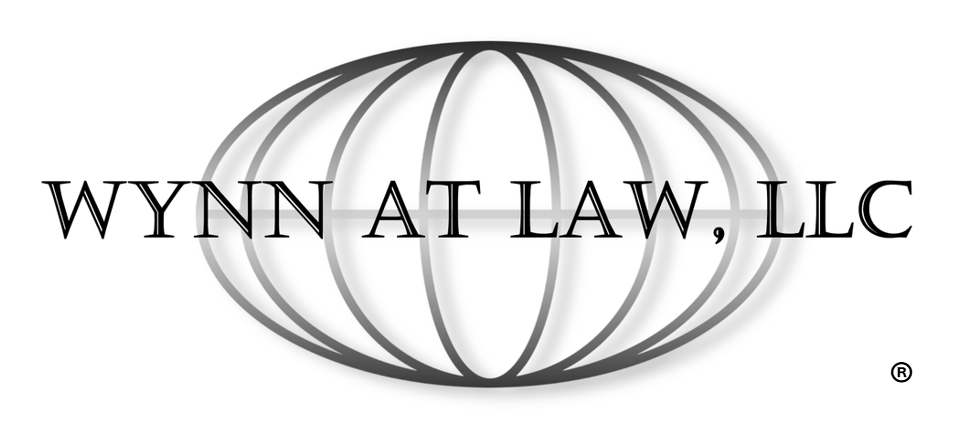If you have recently purchased or remodeled a home, then you may have noticed your tax assessment increase. Tax assessments are performed annually and based off the previous year’s data as a way of reevaluating changes that may have affected your property’s market value. For example, if yours or other neighboring homes were recently remodeled or purchased at values higher than they were last sold, then your tax assessment is likely to reflect that property’s increased value. Fortunately, there are relatively simple avenues of contesting property taxes, which this blog will outline.
Step 1 – Open Book:
Wisconsin state law requires all municipalities to hold an Open Book. Open Book is the short period of time during which a municipality’s assessment roll is open for review. Wisconsin State law requires Open Book to be held for a minimum of seven days before moving to the next step, Board of Review.
Essentially, the Open Book period is where the assessor presents its values to the public in an “open forum” for the taxpayer to review and contest any potential errors. If you believe you have been over-assessed, you can informally present evidence to the assessor to support your claims. For example, there may have been a simple error, such as a miscalculation of the property’s acreage or number of bedrooms, which can easily be resolved with blueprints, pictures of the property, and/or a survey. Another type of evidence that may be helpful is recent home sale data in the area.
If an error has been made, the assessor can simply correct the error right at Open Book. Additionally, it is helpful to know that even if you cannot physically attend Open Book, you may contact the assessment company during the Open Book period to contest any perceived errors and present your evidence. If you are still dissatisfied with your assessment after Open Book, then you would proceed to step 2: Board of Review.
Step 2 – Board of Review:
Board of Review is the beginning of the formal procedure in appealing a Wisconsin property tax assessment. The Board functions as a quasi-judicial body, where property owners and tax assessors each present their evidence, openly ask each other questions, and have the Board weigh the evidence to determine the correct assessment value.
To begin the Board of Review process, you must first complete your respective municipality’s form of objection and file it with the Board’s clerk. Next, the Board sets a hearing date with the required 48-hour notice of the hearing to the homeowner.
At the hearing, you as the taxpayer, should bring evidence available and relevant to the assessed value of your home. As discussed above, recent sales data and in particular, an appraisal can be very beneficial.
Inspections of your property will also affect the Board of Review Process. It is likely that your tax assessment was based off of internal and external inspections of your property. However, if you have denied any inspections, the Board of Review process may be further complicated. Property owners can deny assessors entry inside of their home and still retain the right to appeal to the Board. However, the Board can deny a property owner a hearing based on the fact that a homeowner denied an exterior inspection.
If the Board of Review process did not yield you with what you believe to be a fair assessment, then you would move to the third step, which is an appeal to the circuit court.
Step 3 – Appeal:
A property owner who is still dissatisfied after attending Board of Review, may then appeal his or her tax assessment to the circuit court or Department of Revenue in one of three ways listed below. The taxpayer is responsible for choosing which method best suits his or her situation.
1. Appeal by an action for certiorari
- An action for certiorari is essentially a reexamination of the record, or in other words, of the Board of Review’s and the assessor’s decision-making process. There is no formal trial held in a certiorari review and there is no additional evidence presented or argued. The Circuit Court considers four things in a certiorari review: (1) whether the Board’s jurisdiction was proper, (2) whether the Board acted under law, (3) whether the Board acted oppressive or unreasonably, and (4) whether the Board’s decision was reasonably supported by the evidence. If certiorari review reveals that the Board made a mistake, then the court can remand the matter back to the Board to correct the error.
2. Submission of a written complaint to the Department of Revenue requesting a reevaluation
- A taxpayer qualifies for review by the Department of Revenue if: (1) the contested assessment is not within 10% of the general value of assessment in the municipality, (2) a reevaluation can be accomplished within sixty days or by November 1 (whichever is later), and (3) the reevaluation can take place without reassessing all other property within the district. To qualify for a Department of Revenue review, the property owner must have already completed the Board of Review process. If the three requirements above are met, then the Department of Revenue may revalue the property and adjust the assessment to the appropriate assessment ration of all other property in the taxation district.
3. De novo review
- Lastly, de novo review is an option available to taxpayers who have already paid the tax value assessed to them as a remedy of recovering the excessive assessment amount overpaid. A de novo review means that rather than the court reviewing previous decisions, as they would in a certiorari action, the court in this case would decide the issue as if it’s the first time being heard. To begin a de novo review, the taxpayer must file a written claim with the taxing district by January 31 of the year the tax is due. The district that assessed the tax then has 90 days to disallow or allow the claim. If the claim is disallowed, then the taxpayer may proceed with an action at the circuit court within 90 days.
Contact us today for a consultation at 262-725-0175 or our website’s contact page. Wynn at Law, LLC is based in Southern Wisconsin and has three office locations: Lake Geneva, Delavan, and Salem.

